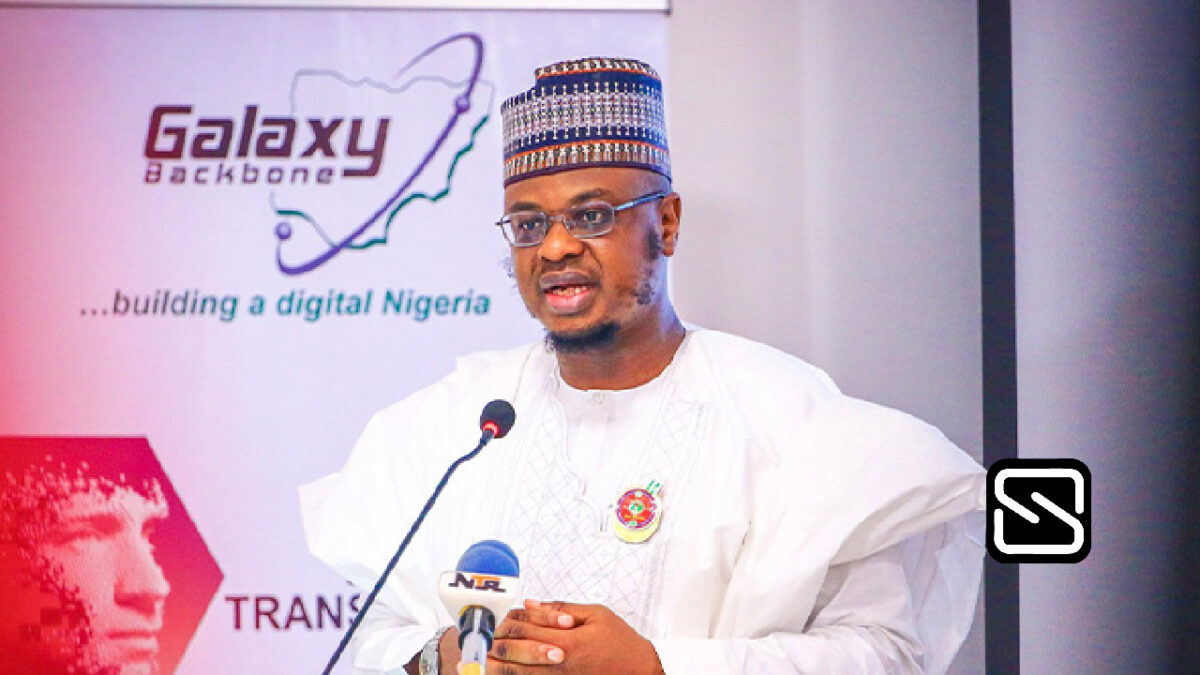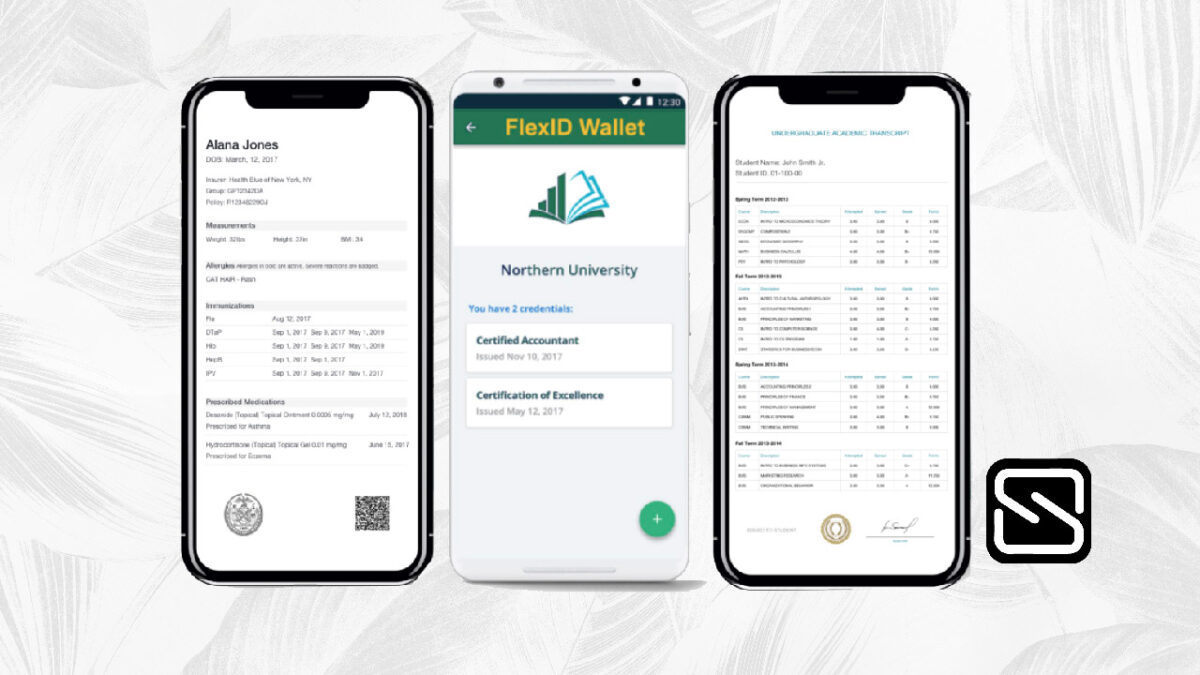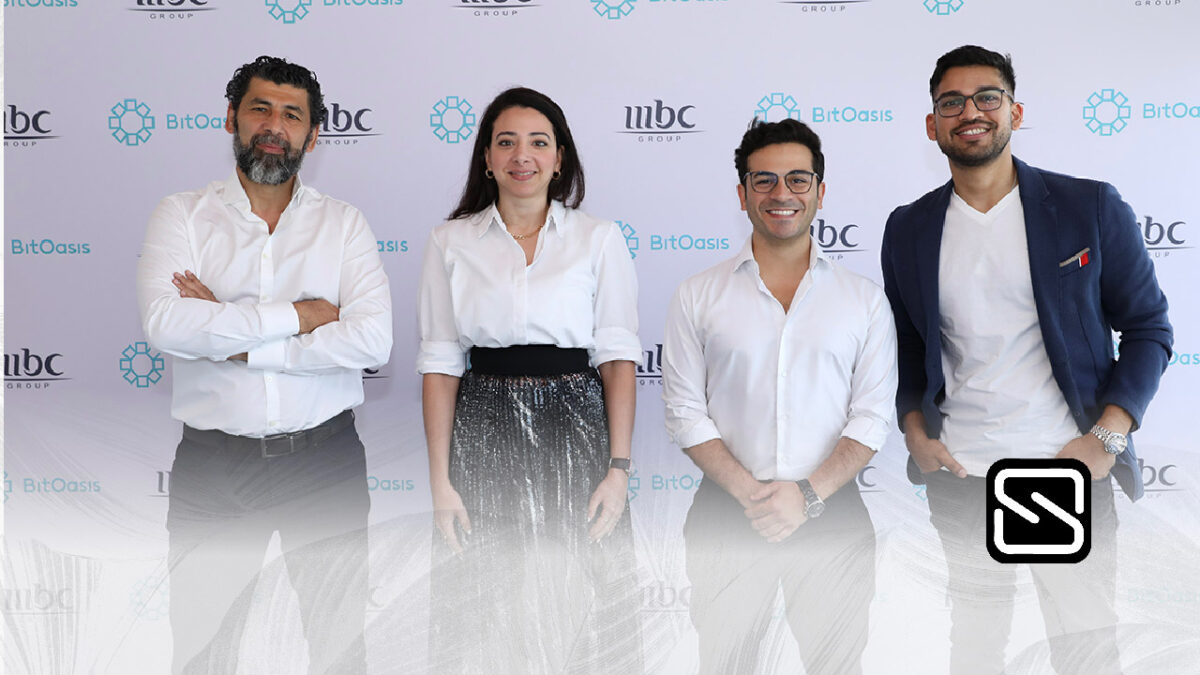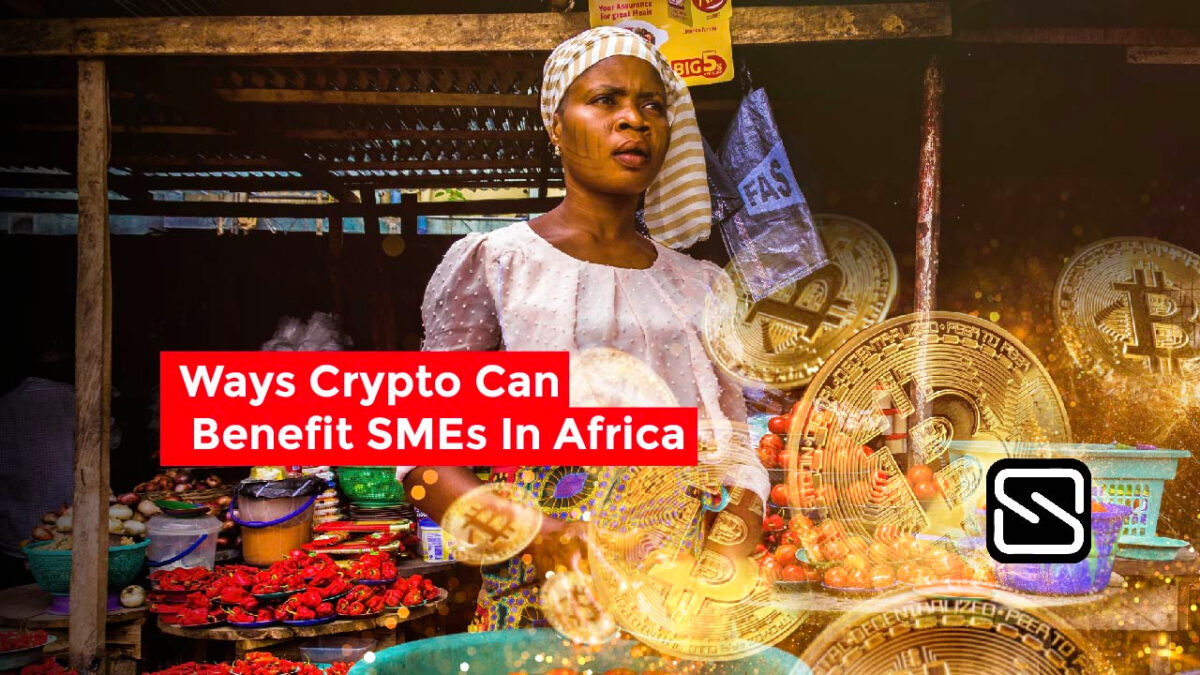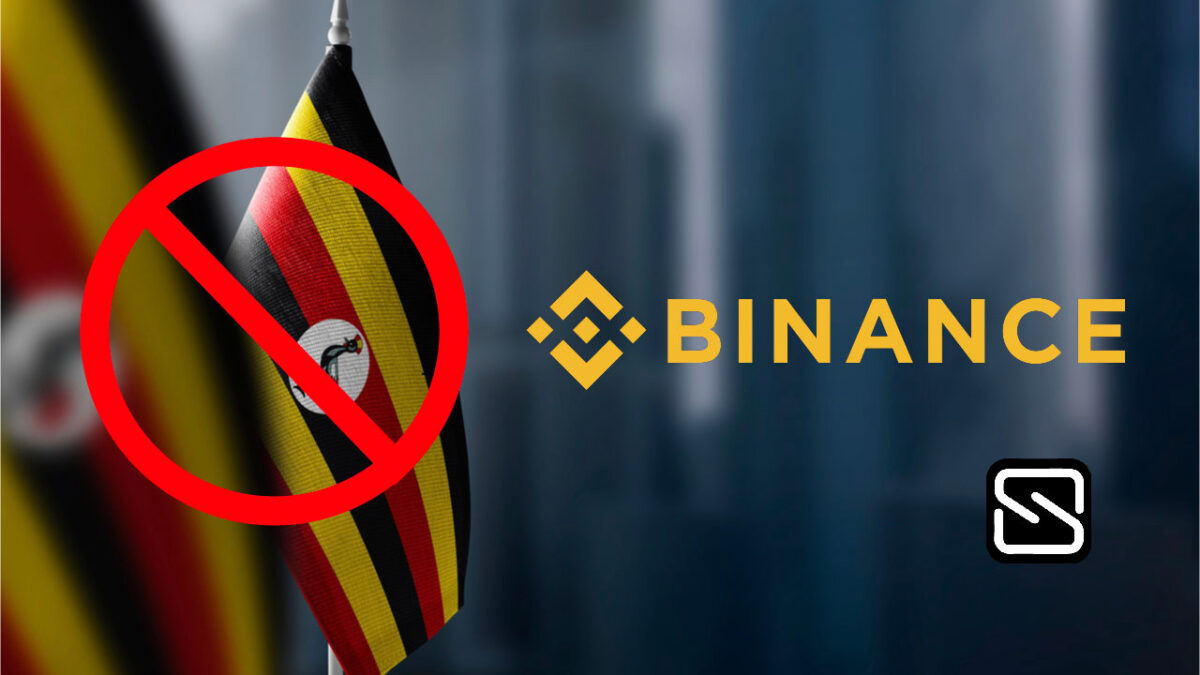London-based Nigerian artist, Nissi Ogulu has announced she will collaborate with the world’s leading cryptocurrency infrastructure provider, Binance to produce an exclusive NFT collection that will be available on the Binance platform on May 30, 2022.
The collection titled, “Jigsaw Tribe” will launch on the Binance NFT marketplace as a digital art series exploring different aspects of African life and music with a collection of unique puzzle pieces representing each aspect.
Nissi comes from an artistically talented family with her older brother, Burna Boy charting his way into his African Giant status as a musical artist while her sister, Ronami, is also making her name in the world of fashion and creative strategy.
The Ogulu family has a legacy connection to the arts as Nissi’s grandfather, Benson Idonije was an Afrobeat legend and Fela Kuti’s manager while her mother, Bose Ogulu has established herself as an entertainment business mogul who Nissi attributes as the powerhouse behind her and her siblings’ flair for creativity.
Nissi found her niche in the world of fine art and expanded into the digital world with the formation of Creele Animation Studios, which creates black and African content with storytelling through animation, music, the metaverse and games.
With ‘Jigsaw Tribe’, Nissi says she intends to “take people across the continent to discover hand-crafted musical instruments, in all their colourful glory, that may not be known to the rest of the world.” Nissi adds that the pieces also reflect the music tradition of Africa, with its amazing sounds, in a hyper-contemporary and animated artistic expression.
“What excites me is the fact that African music and culture are finally getting the renown and success they so richly deserve as being integral to global music and creativity. So, the collection is my artistic take on bringing the continent’s vibrant music tradition and all-round creative brilliance to the world, this time in an animated way,” Nissi says.
The collection features a variety of NFTs with different pricing and rarity as well as added value utilities such as invitations to live events and art exhibitions, concessions on signed & printed digital art pieces and whitelisting privileges to future NFT drops.
Between May 30th and June 20th, 2022, the exclusive artwork series will be sold in a premium auction on the Binance NFT Marketplace as the latest collaboration for Binance Charity’s NFT For Good Campaign.
A percentage of proceeds from the Jigsaw Tribe collection will go towards The Reach, an Ogulu family initiative which provides 6000 meals a month for underprivileged people in Nigeria along with other ad hoc community initiatives.
This is part of Binance Charity’s NFT For Good initiative to enable world-renowned creators to convert their art and creativity into meaningful global action targeting social and humanitarian issues.
Binance Executive VP and Head of Charity, Helen Hai says, “Binance Charity’s NFT for Good initiative connects creators, their art, and their cause. Jigsaw Tribe is yet another exciting example of this and it’s beautiful to see the series merging tradition and technology.”
Having spent many years working in Africa, Helen added that the region, the people, and their culture holds a special place in her heart and that Binance is thrilled to collaborate with Nissi in a homage to her heritage.
Traders wishing to participate in the charitable auction must open an account on Binance.com before bidding opens at 12:00pm CAT on May 30th and closes at 12:00pm CAT on 20th June 2022 with trades accepted in Binance’s BNB coin.

